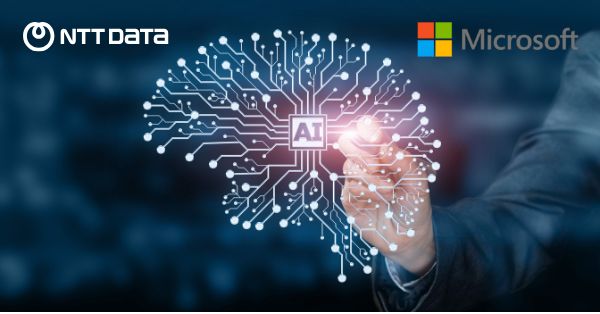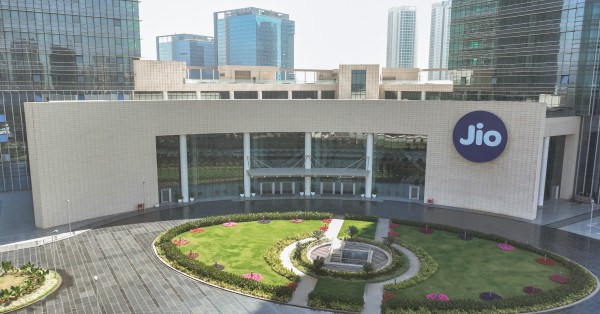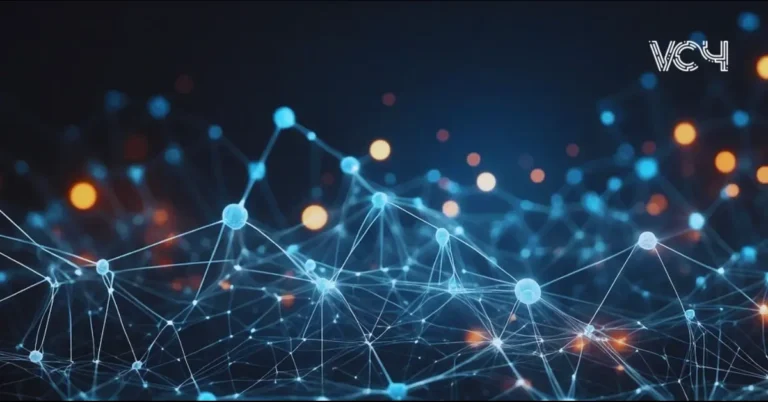U Mobile, Enfrasys Solutions, and Transocean Logistics have successfully concluded a proof-of-concept (PoC) that showcases the power of private 5G networks and artificial intelligence (AI) in the logistics industry. This pioneering initiative has automated Transocean Logistics’ container inspection process, marking a significant milestone for Malaysia’s logistics sector.
Logistics Industry Challenges and Needs
The logistics industry is often burdened with time-consuming manual inspections, inaccurate defect detection, and inefficient supply chain operations. These issues hinder operational efficiency and delay processes, necessitating a robust technological solution to streamline and enhance logistics operations.
Innovative 5G and AI Solution for Logistics
The PoC leveraged U Mobile’s private 5G network capabilities and Enfrasys Solutions’ Container Vision industrial application, supported by multi-access-edge computing (MEC) and ZTE Corporation’s 5G RAN and 5G Core infrastructure. This technology empowered Transocean Logistics’ inspectors to scan and detect container defects in real-time using AI at their Butterworth, Penang depot.
Benefits and Results of the 5G PoC
Key benefits of the PoC include:
- Improved Efficiency: Transocean Logistics witnessed a remarkable 70% reduction in the time required to complete the detection process compared to existing practices.
- Seamless Digitalization: U Mobile’s low-latency, high-bandwidth private 5G network supported Enfrasys Solutions’ Container Vision application, enabling end-to-end digitalization of the container inspection process.
- Enhanced Data Processing: MEC technology moved heavy AI processes closer to the application usage source, accelerating data processing and enabling instant defect detection and logging.
- Streamlined Supply Chain: Integration of various upstream business applications promoted transparency among depot operators and container owners.
Strategic Integration of 5G and MEC
The integration of 5G and MEC was crucial for the PoC. 5G provided the high-speed connectivity required for real-time data processing, while MEC enabled instant defect detection and analysis, expediting corrective actions. This combination facilitated a seamless transition to digitalization, improving inspection accuracy and governance.
Key Benefits of the 5G-Powered Container Inspection
The PoC demonstrated several benefits:
- Operational Efficiency: Significant reduction in inspection time and enhanced accuracy in defect detection.
- Digitalization: End-to-end digitalization of the inspection process, supported by high-bandwidth 5G connectivity.
- Data Processing: Faster data processing and instant defect detection through MEC, optimizing operational efficiency.
- Supply Chain Management: Greater transparency and collaboration among stakeholders, enhancing the overall resilience and agility of the supply chain ecosystem.
Impact on Malaysia’s Logistics Industry
This PoC has positioned Transocean Logistics as a pioneer in adopting advanced technologies in Malaysia’s logistics sector. By leveraging the power of 5G and MEC, U Mobile, Enfrasys Solutions, and Transocean Logistics have set a new benchmark for efficiency and innovation in logistics operations.
U Mobile’s Leadership in Technological Innovation
U Mobile showcased its innovation leadership through this PoC, aligning with Malaysia’s national drive to leverage technology for industrial efficiency. Woon Ooi Yuen, CTO of U Mobile, emphasized the company’s commitment to bringing about greater efficiencies for businesses through 5G technology.
Enfrasys Solutions and AI in Logistics Automation
Enfrasys Solutions played a crucial role by providing the Container Vision application and emphasizing the importance of AI and automation. CEO Tengku Razmi highlighted MEC’s potential to revolutionize enterprise applications and enhance automation.
Successful Conclusion and Future Prospects
The PoC has concluded successfully, with Transocean Logistics now officially the first container depot in Malaysia to automate critical operations using advanced technologies.
The trial spanned several months, culminating in a comprehensive evaluation of the technology’s impact on operational efficiency. The timeline included initial setup, testing phases, and final assessment.
Expert Endorsements and Insights
“Enfrasys Solutions is able to help bridge and accelerate modern-day business automation by leveraging on cutting-edge technology through our partnership with U Mobile and using their 5G private network. We believe that multi-access-edge computing (MEC) will revolutionize applications within enterprises of the future,” said Enfrasys Solutions CEO Tengku Razmi.
By leveraging the power of 5G, MEC, and AI, U Mobile and Enfrasys Solutions have set a new benchmark for efficiency and innovation in the logistics sector.






























